-
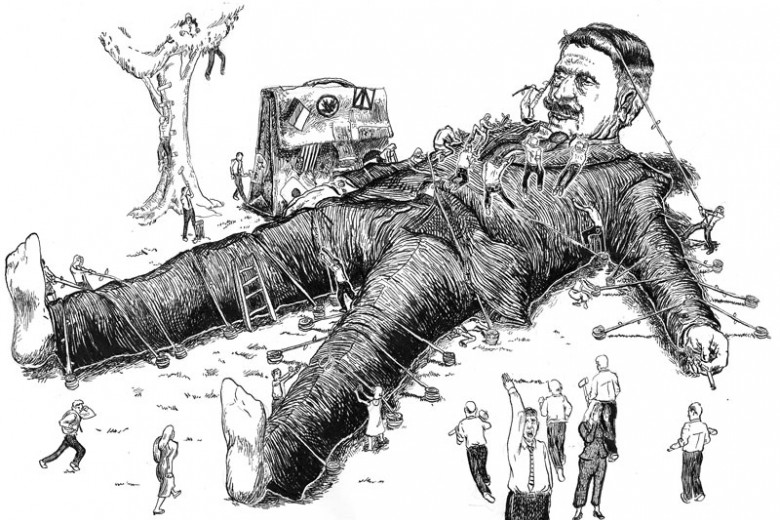
by Robin Tennant-Wood Nov 1, 2009 10 min read
-
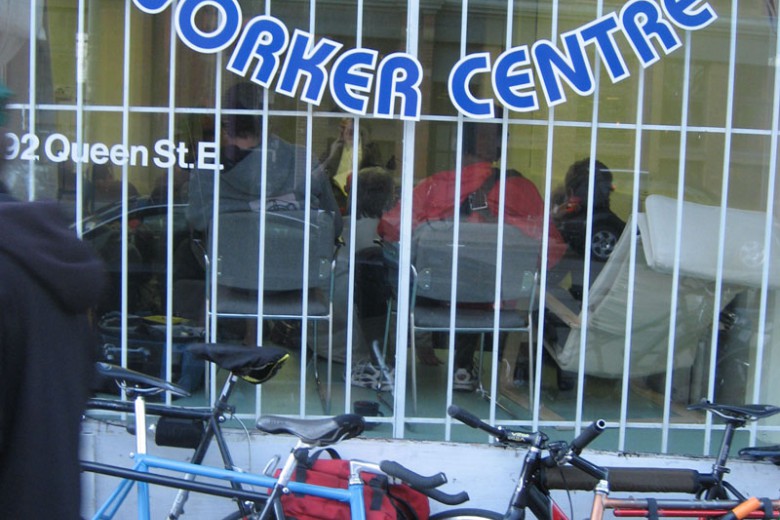
by Sarah Ryan Nov 1, 2009 6 min read
-

by Simon Enoch Nov 1, 2009 3 min read
-
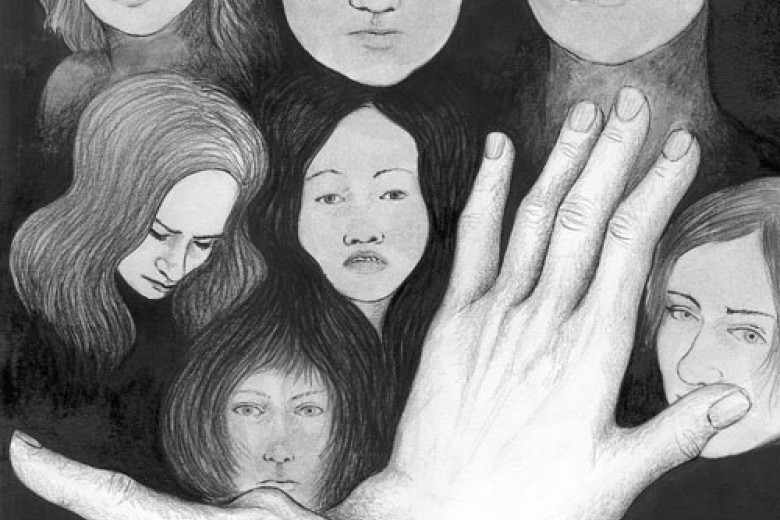
by Emily van der Meulen Feb 28, 2009 19 min read
-
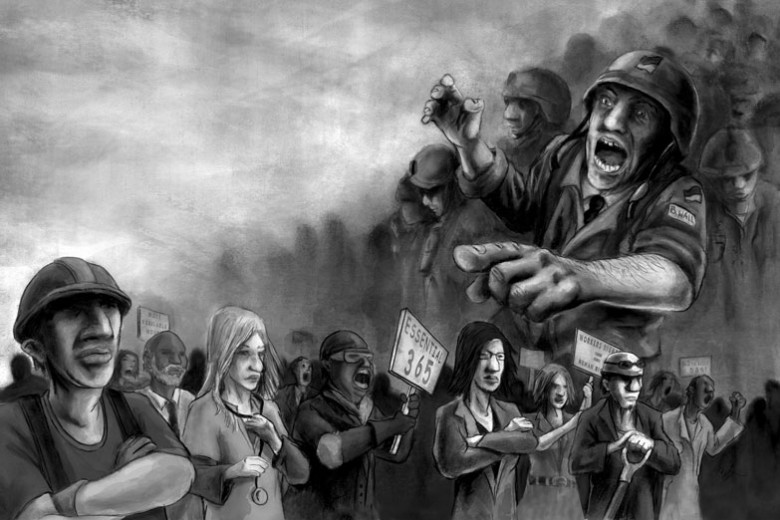
by J.F. Conway Dec 1, 2008 11 min read
-
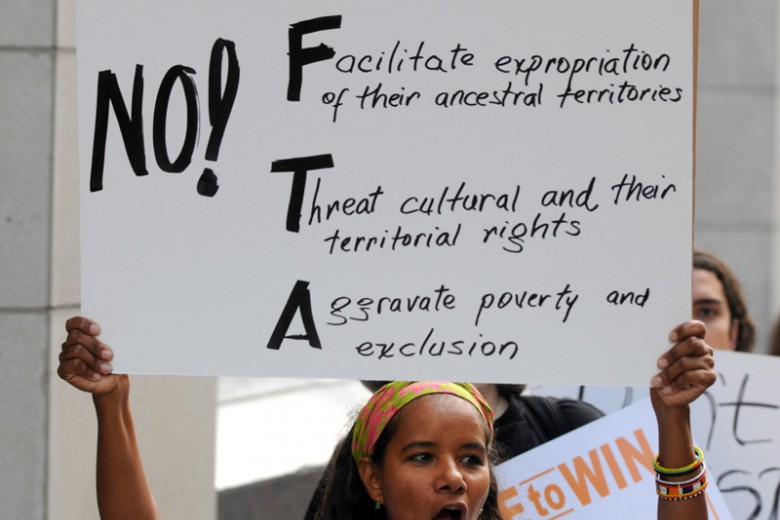
by Nov 1, 2008 7 min read
-

by Carmelle Wolfson Nov 1, 2008 8 min read
-

by Erinn White and Dayn Gray Nov 1, 2008 9 min read
-
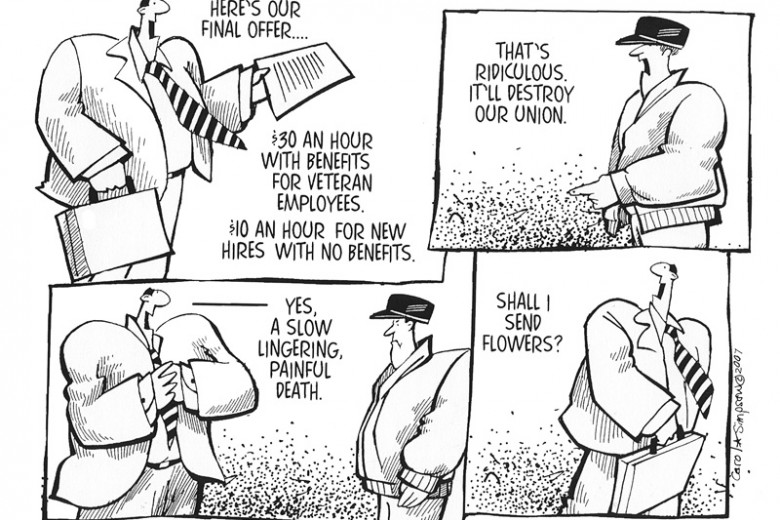
by John Peters Nov 1, 2008 14 min read
-

by Roger Langen Nov 1, 2008 3 min read
-

by Roger Langen Nov 1, 2008 11 min read
-
by Roger Couvrette Nov 1, 2007 4 min read
-
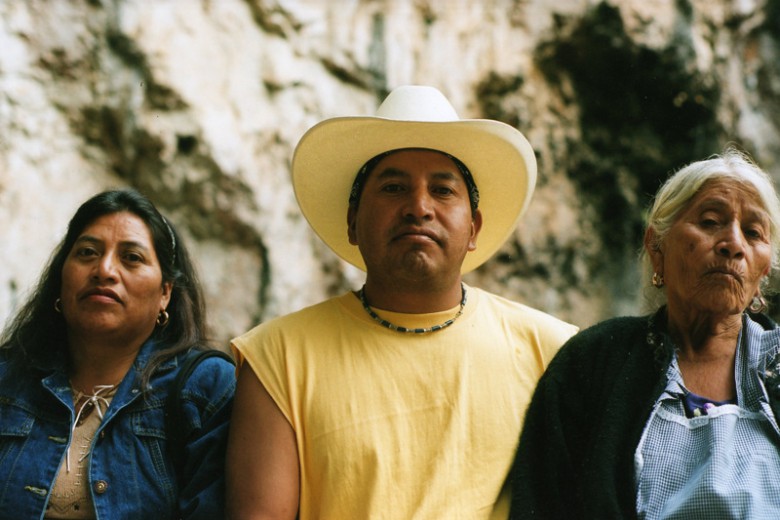
by Adam Perry Nov 1, 2007 4 min read
-
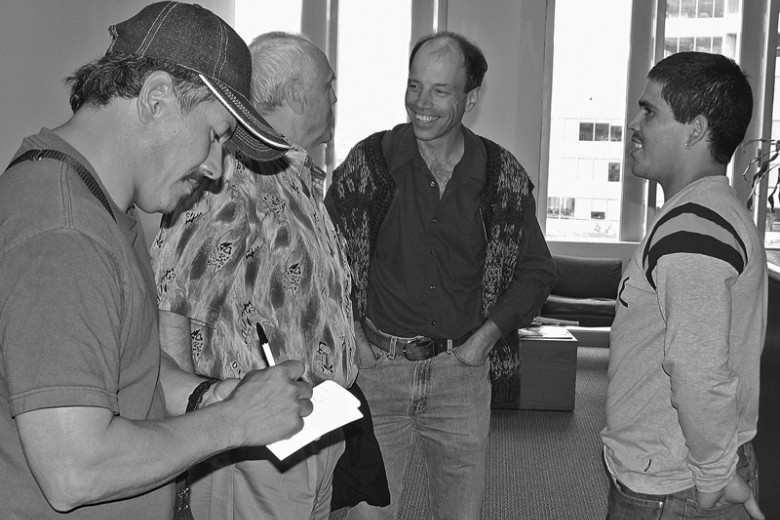
by Karl Flecker Nov 1, 2007 10 min read
-

by Carrie Sinkowski Nov 1, 2007 3 min read
-
by Dave Oswald Mitchell Nov 1, 2007 4 min read
-
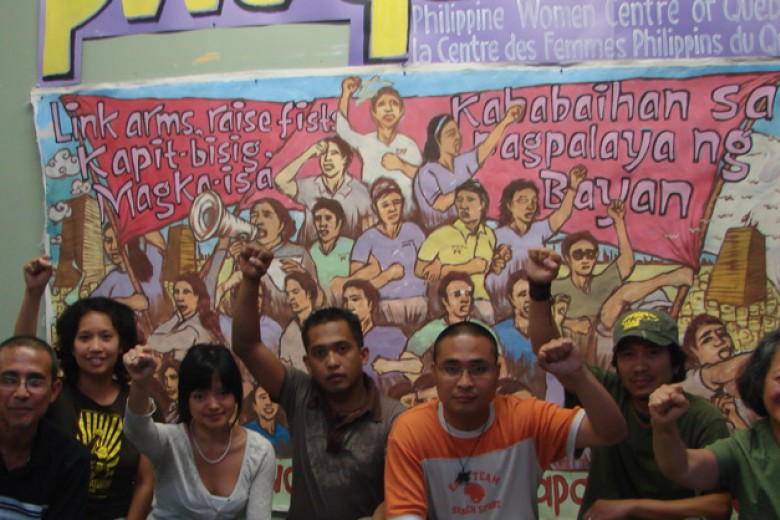
by Don Kossick and Oct 24, 2007 8 min read
-
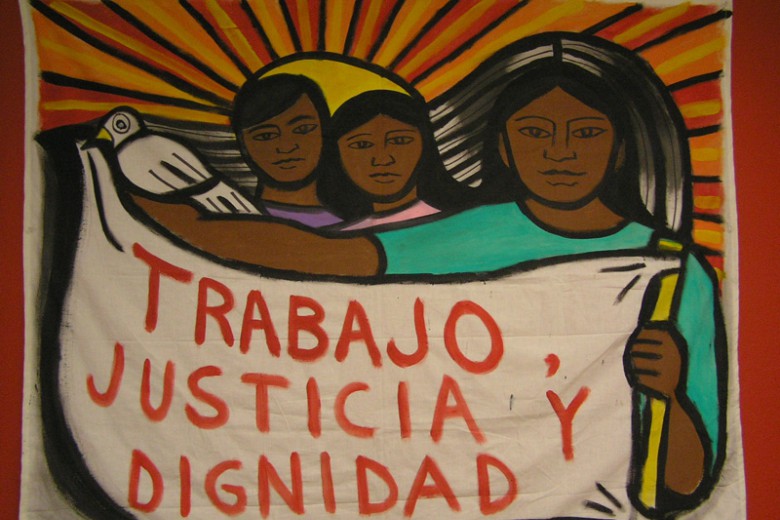
by Martha Jane Robbins Oct 24, 2007 11 min read


















